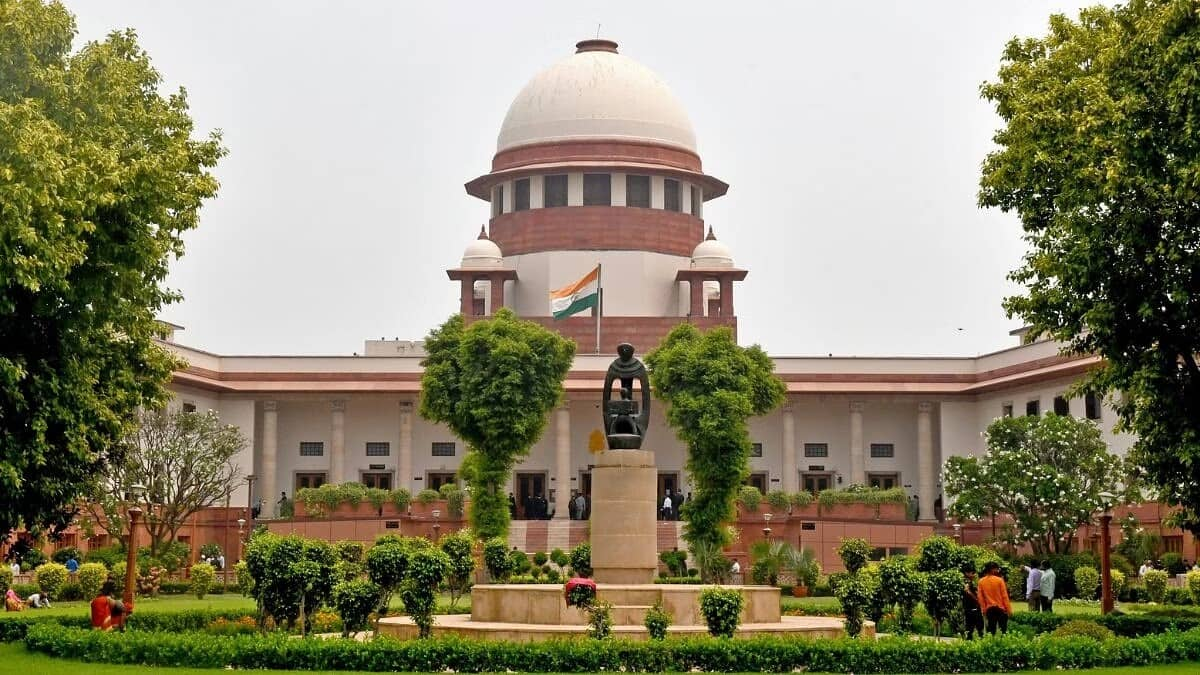
Supreme Court upholds alimony rights for divorced Muslim women
What's the story
The Supreme Court on Wednesday said that divorced Muslim women are entitled to alimony under Section 125 of the Code of Criminal Procedure (CrPC).
The court emphasized that maintenance is a fundamental right protected by the Constitution and cannot be denied due to personal laws or religious beliefs.
This decision was in response to a petition by a Muslim man challenging a Telangana High Court direction to pay ₹10,000 interim maintenance to his divorced wife.
Legal precedent
Court dismisses appeal against alimony rights
The petitioner's counsel argued that the Muslim Women (Protection of Rights on Divorce) Act, 1986, does not entitle a divorced Muslim woman to claim benefits under Section 125 CrPC.
However, this argument was dismissed by the Supreme Court bench.
"Section 125 CrPC would be applicable to all women and not just married women," Justice BV Nagarathna was quoted as saying.
Rights affirmed
Court highlights maintenance as fundamental right
The court emphasized that maintenance is not charity but a fundamental right of married women, and declared that this right transcends religious boundaries.
The court also suggested practical measures like maintaining joint bank accounts and sharing ATM access.
"Some husbands are not conscious of the fact that the wife...is dependent on them emotionally and in other ways. The time has come when the Indian man must recognize a homemaker's role and sacrifice," Justice Nagarathna added.
Section 125
Women can also seek relief under a 2019 act
At the same time, the bench noted that if a Muslim woman divorces while a petition under Section 125 of the CrPC is pending, she can seek relief under the Muslim Women (Protection of Marriage Rights) Act 2019.
The bench stated that the remedy under the 2019 Act is in addition to the remedies under Section 125 of the CrPC.
Order
Family court ordered man to pay wife ₹20,000 per month
In June 2023, a family court ordered the petitioner to pay ₹20,000 per month to his wife as interim maintenance.
However, the petitioner contested the family court ruling at the high court, citing that the pair divorced under Muslim personal law in 2017.
The petitioner stated that he had previously given his former wife ₹15,000 for maintenance throughout the 'iddat' period.
In December 2023, the high court amended the maintenance to ₹10,000 per month.